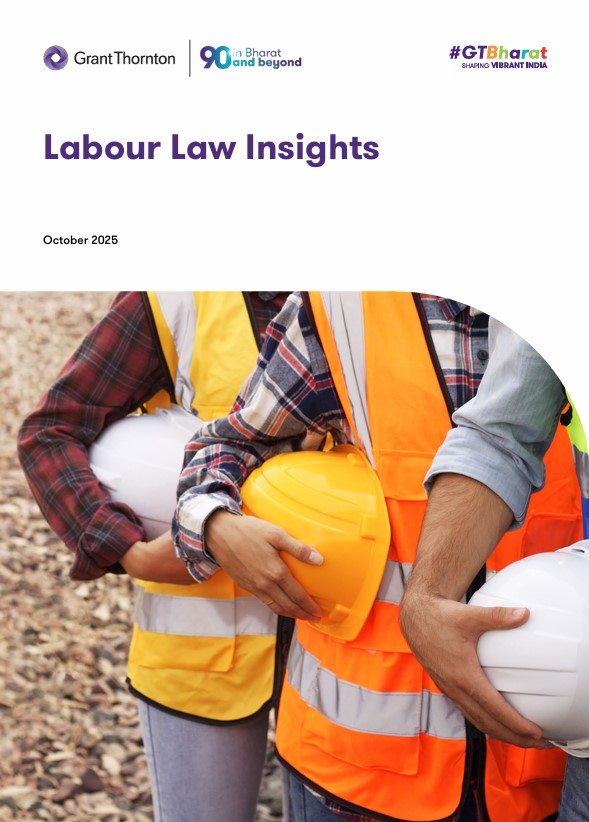Learn more about how our Labour Code Solutions can help you
Labour Law Insights: January 2026
Labour Law Insights January 2026 provides a comprehensive roundup of recent labour law developments, EPFO and ESI notifications, state-specific rule changes, compliance guidance and strategic implications for employers and HR leaders.




